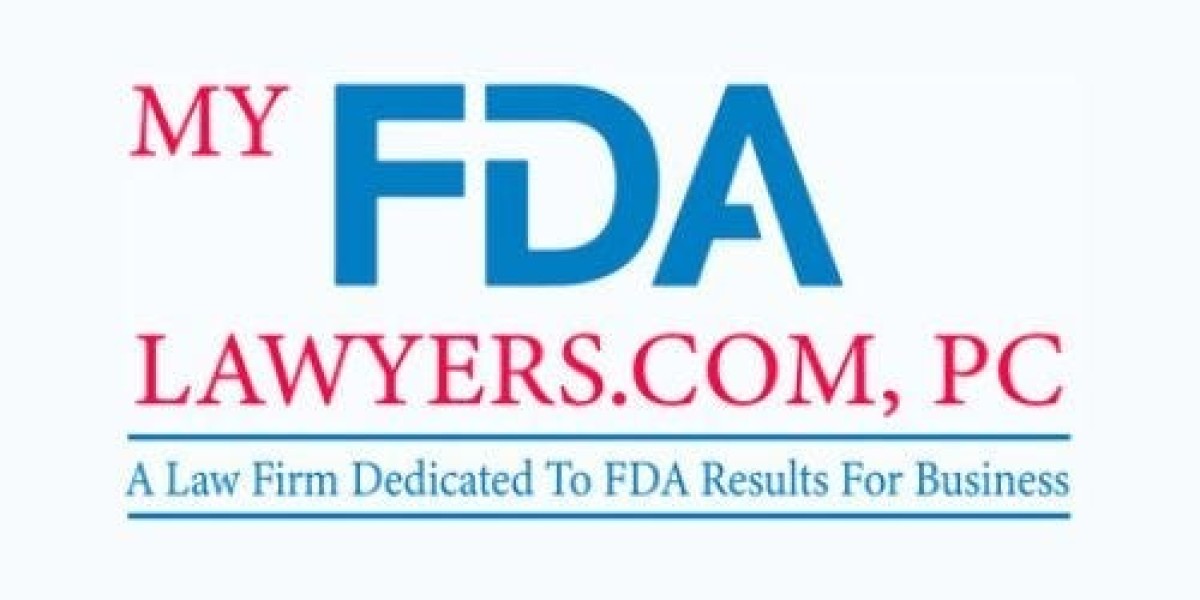Introduction: In the realm of pharmaceuticals, medical devices, food, and cosmetics, navigating the regulatory landscape can be a daunting task. Ensuring compliance with the regulations set forth by the U.S. Food and Drug Administration (FDA) is paramount for businesses operating in these industries. Central to this compliance effort are FDA registrations, which play a crucial role in gaining market access, maintaining product safety, and upholding public health standards. In this comprehensive guide, we delve into the intricacies of FDA registrations, exploring their significance, the role of FDA Lawyers, claims reviews, and navigating FDA Import Alerts.
Understanding FDA Registrations: FDA Registrations serve as a foundational step for companies intending to market their products in the United States. Whether it's pharmaceuticals, medical devices, food, or cosmetics, businesses must register their facilities with the FDA to manufacture, process, pack, or store products that fall within its regulatory purview. These registrations provide the FDA with vital information about facilities, products, and key personnel involved in the manufacturing and distribution processes.
The Importance of Compliance: Compliance with FDA regulations is not merely a legal requirement but a commitment to ensuring product safety and efficacy. Failure to comply can result in severe consequences, including product recalls, fines, and legal actions that can tarnish a company's reputation irreparably. Therefore, understanding the nuances of FDA regulations and staying abreast of updates is essential for businesses seeking to maintain compliance and market access.
Role of FDA Lawyers: Given the complexity of FDA regulations and the potential ramifications of non-compliance, many businesses enlist the expertise of FDA lawyers to navigate this regulatory landscape. FDA lawyers possess specialized knowledge and experience in interpreting and applying FDA regulations to ensure that their clients' products meet all necessary requirements. From assisting with FDA registrations to providing counsel on compliance matters and representing clients in enforcement actions, FDA lawyers play a pivotal role in safeguarding their clients' interests.
Claims Reviews: In addition to FDA registrations, companies must also adhere to regulations governing product labeling and marketing claims. The FDA closely scrutinizes claims made about the safety, efficacy, and intended use of regulated products to prevent misleading or false information from reaching consumers. Conducting thorough Claims Reviews and ensuring compliance with FDA guidelines are essential steps in mitigating the risk of enforcement actions and protecting consumer trust.
Navigating FDA Import Alerts: For businesses involved in the importation of FDA-regulated products, staying vigilant against FDA import alerts is crucial. These alerts are issued when the FDA determines that a product, manufacturer, or importer presents a potential risk to public health and safety. Navigating FDA import alerts requires proactive measures, including thorough product inspections, documentation reviews, and communication with FDA officials to address any concerns promptly. Working closely with FDA lawyers can help businesses develop effective strategies for responding to import alerts and resolving compliance issues swiftly.
Best Practices for Compliance: To ensure ongoing compliance with FDA regulations and maintain market access, businesses should adopt a proactive approach to compliance management. This includes:
- Regularly reviewing and updating FDA registrations to reflect changes in facilities, products, or key personnel.
- Conducting comprehensive training programs to educate employees on FDA regulations, compliance requirements, and best practices.
- Implementing robust quality management systems to monitor and control all aspects of manufacturing, distribution, and quality assurance.
- Establishing clear protocols for responding to FDA inspections, inquiries, and enforcement actions.
- Maintaining meticulous records of all activities related to product development, manufacturing, and distribution to demonstrate compliance with FDA regulations.
Conclusion: Navigating the regulatory landscape of the FDA requires a concerted effort to understand, interpret, and comply with a myriad of complex regulations. FDA registrations serve as a cornerstone of this compliance effort, providing the FDA with essential information about facilities, products, and personnel involved in regulated activities. By working closely with FDA lawyers, conducting thorough claims reviews, and proactively addressing FDA import alerts, businesses can mitigate compliance risks and uphold the highest standards of product safety and efficacy. With a commitment to compliance and a proactive approach to regulatory management, companies can navigate the FDA regulatory landscape with confidence and ensure continued market access for their products.








